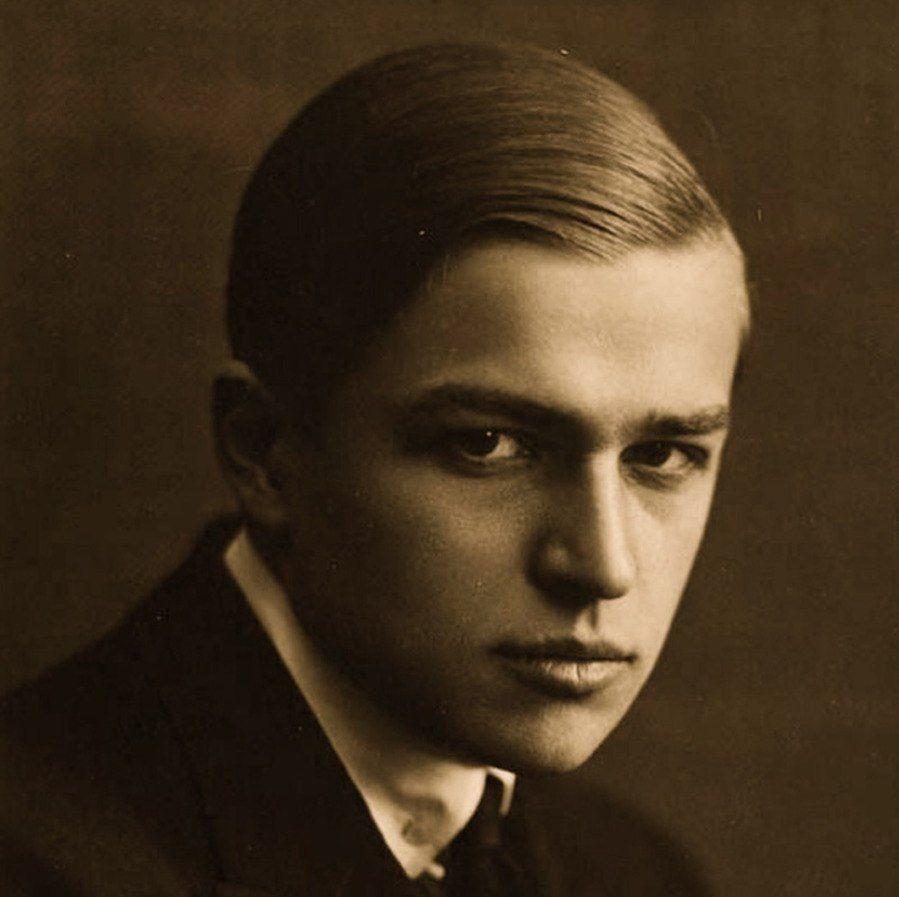Fonte: Introduction to the Reading of Hegel: Lectures on the Phenomenology of Spirit, assembled by Raymond Queneau, edited by Allan Bloom, translated by James H. Nichols, Jr. (1969), Editor's Introduction
Alexandre Kojève: Frases em inglês
Fonte: Introduction to the Reading of Hegel: Lectures on the Phenomenology of Spirit, assembled by Raymond Queneau, edited by Allan Bloom, translated by James H. Nichols, Jr. (1969), p. 36
Contexto: Now, this I is essential. For Man, and consequently the Philosopher, is not only Consciousness, but also- and above all-Self-Consciousness. Man is not only a being that thinks - i.e., reveals Being by Logos, by Speech formed of words that have a meaning. He reveals in addition -also by Speech - the being that reveals Being, the being that he himself is, the revealing being that he opposes to the revealed being by giving it the name Ich or Selbst, I or Self.
